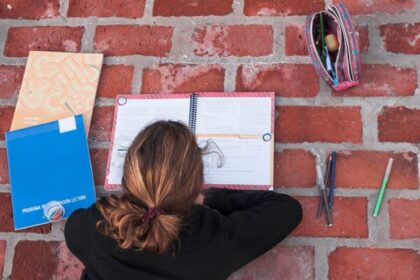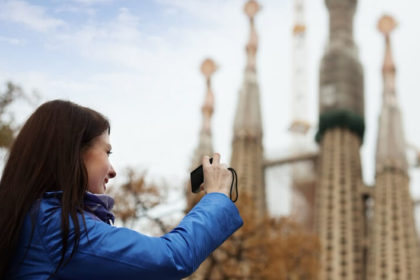Everyone needs a few staples when camping, but it can be hard to tell what’s crucial. Having the appropriate gear may make or break your vacation. Luckily, we’ve listed several must-brings for your camping trip.
A Camp Stove
I don’t recommend two weeks on sandwiches and crackers. For longer camping trips, camp stoves are needed. Although being in nature is healthful, consuming junk food contradicts the objective. Cooking a meal can be difficult because few individuals know how to use a fire. Many campsites prohibit open fires, especially in wildfire-prone areas.
First Aid Kit
First aid kits are every camper’s first priority because you never know when you’ll need one. Gauze, bandages, tape, aspirin, alcohol, tweezers, moleskin, painkiller, antacid, and antidiarrheal medicine are essential first aid box components. To personalize your kit, you can add anything.
Tent
While tents may seem obvious, there are still important elements to consider. First, determine if your tent can fit your group. Depending on the site, numerous smaller tents are better than one huge tent.
A large group of friends and a spacious location make big tents ideal. Second, big tents are heavy, so it’s best to divide the load or carry a few smaller ones to avoid the difficult lifting.
Bag for sleeping
A sleeping sack keeps you warm on cold nights in the woods and keeps bugs and reptiles out. If you sleep well, a sleeping mat isn’t necessary, although most campers pack one.
Extra clothes
This is not an extra shirt or underwear. Expect the unexpected when in nature; it can rain or you can step in water, and spending time in moist gear can be uncomfortable and dangerous in cooler temperatures. This requires extra shoes or a jacket if you don’t have a waterproof one.
Pouch knife
Campers’ best companion is the pocket knife. A decent knife is essential for cutting fishing line, opening cans, peeling bark, and cutting tinder. The most basic natural chores are practically difficult without this multifunctional tool. Since retractable, safe-to-carry automatic knives won’t cut anything, they can make things easier.
Map, compass
Never hike without a map and compass for orientation. Many unprepared campers have wandered for days before being found. With minimal water, being stuck far from civilization is no joke. An innocent stroll in the woods might become a nightmare if you take the wrong way.
Maps and compasses help. Study maps of the area around your campsite and memorize landmarks. Compass use is essential since changing light can confuse even the most seasoned hikers.
Survival Kit
If you become lost and spend hours seeking your way back, a survival pack may help. Nobody knows if they’ll spend five more hours getting back to the campsite, so extra essentials are handy. Use ready-made kits or make your own.
Firestarter
You should still be prepared for fires even in campsites that restrict them. A warm, crackling campfire will be essential if you spend the night away from your campsite. Protect matches, flint and steel, magnesium fire starters, and lighters from dampness.
These are some necessities every camper should bring, but there are many more, especially for a lengthy stay. Use this list as a reference and add anything else you think would make your vacation better.





